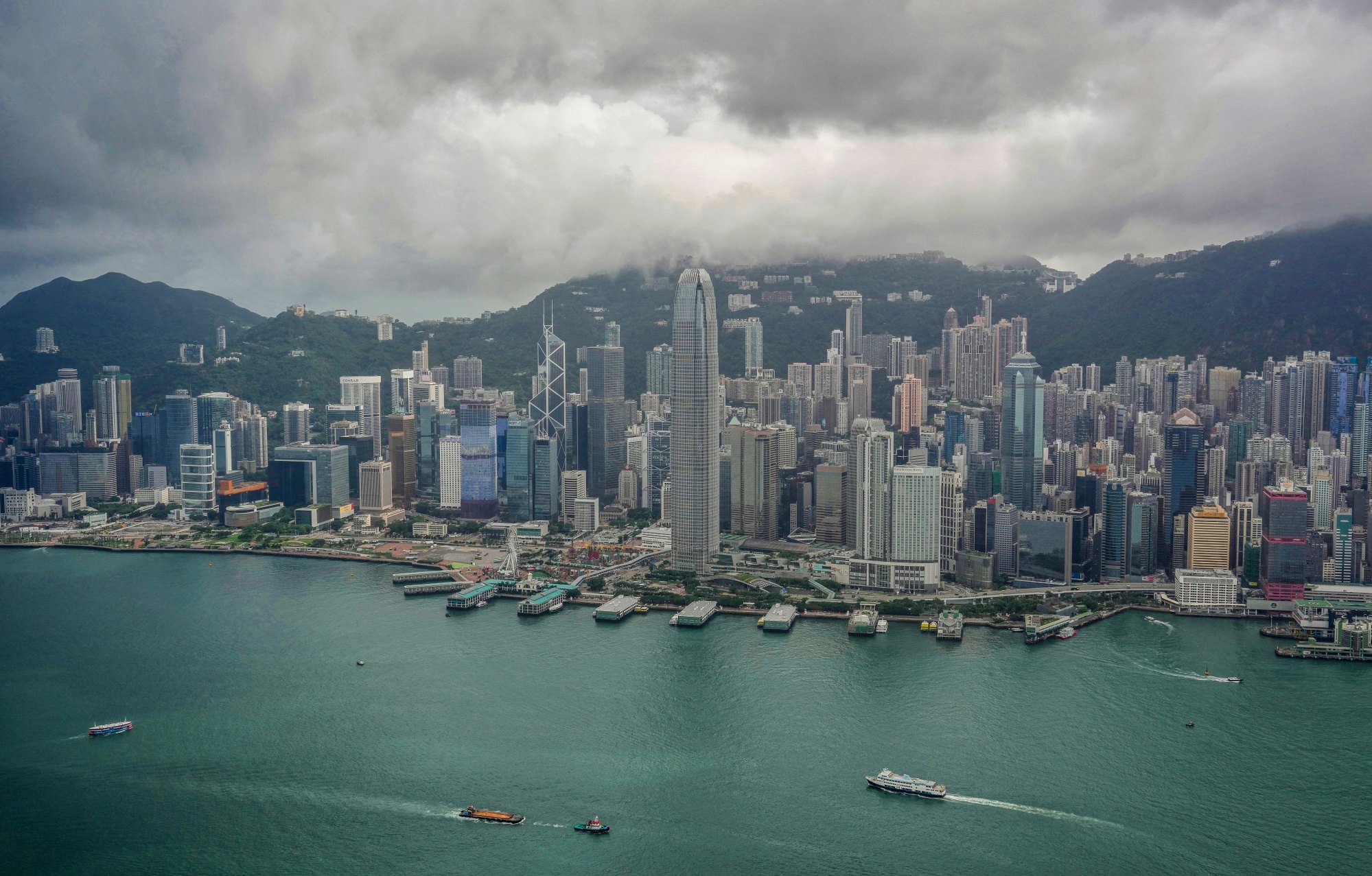Hong Kong’s No 2 official says no foreign officials or businesspeople raised domestic national security law concerns at international forum
He maintained as he prepared to return to Hong Kong that it was “easily understandable” that no one had concerns as the business sector valued a relatively safe and stable social environment.

“I believe such a good environment for doing business must be welcomed by the businessmen,” he said.
Chan hit out at criticism by some Western media of the new law and questioned why they did not report on how the “2019 black violence” that rocked the city had affected business confidence.
“It is because they do not want Hong Kong to have a good ordinance to safeguard Hong Kong?”, he asked.
“I do not think petrol bombs [being hurled], protests and storms happening every day are a good environment for doing business,” he said.
Chan was speaking about a week after the Safeguarding National Security Ordinance was passed by unanimous vote by the Legislative Council after a marathon 12 day series of sessions.
Hong Kong slams New York Times, BBC over ‘misleading’ national security articles
The domestic legislation was designed to complement the 2020 Beijing-imposed national security law, passed in the wake of months of protest in 2019.
Chan said both pieces of legislation were drawn up to protect Hong Kong and guarantee a good environment for the public and business.
He added Hong Kong should now accelerate its drive to boost development and the economy.
“It is now the golden time for Hong Kong, with a more stable and safer society, to strive for development and build a vibrant economy at full speed, as well as foster exchanges and cooperation with different places around the globe, including Asia, and tell good stories of Hong Kong,” Chan said.
He added the government planned to work on several fronts, including the exploration of global cooperation opportunities, as well as on integration into the development of the country.
Foreign firms in Hong Kong review operations for domestic national security law
Chan said exchanges between the Greater Bay Area and Asean countries and boosting the country’s ability to better deal with unilateralism and protectionism were also on the agenda.
The Greater Bay Area is Beijing’s plan to make Hong Kong and Macau, along with nine mainland cities, an integrated economic and business powerhouse.
Chan highlighted that Hong Kong was the biggest source of investment in Hainan province, and the opening up of the area in recent years had provided a variety of business opportunities for the city.
He added he had spoken to some of the young Hongkongers who had worked as volunteers at the conference and he had been happy to hear they had gained experience and improved their knowledge of national development.
Chan said the city government would step up its efforts to encourage young people to visit the mainland on exchanges and for internships.
He added the soon-to-be-established patriotism education working group would play a bridging role.